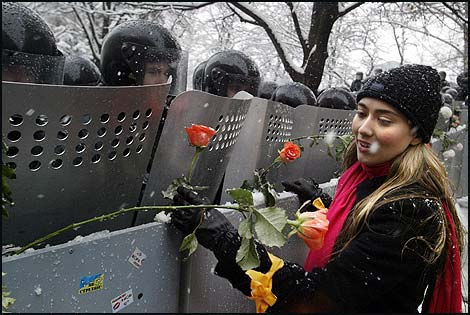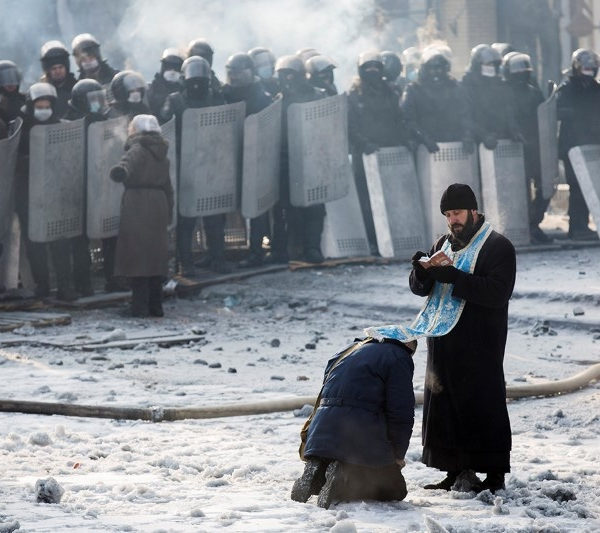
Viewing the film August: Osage County with academy award nominees Julia Roberts and Meryl Streep during the same week that Russia’s Vladimir Putin occupied Crimea and thumbed his nose at President Obama, it became impossible not to regard the movie itself as some sort of deep parable of the political age in which we live.
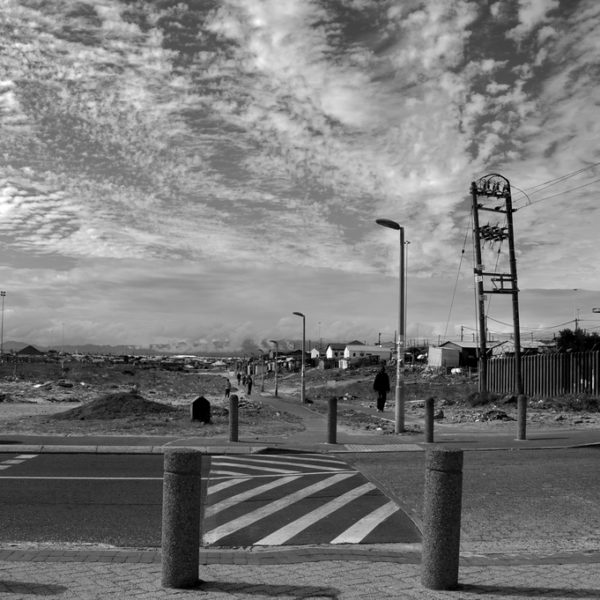
It would be nice to be able to write the following in the wake of Nelson Mandela’s demise: Mandela was a freedom fighter to the end, a figure whose legacy has not only brought justice and equality to the people he left behind, but also has worked as a moving inspiration for the world leaders who gathered last week to bid his spirit farewell.

“Have you heard that Mandela died?” The staggering impact of this question took my breath away as I stepped into the office after a full day of classes on Thursday, December 5th. I texted my daughter who had grown up in South Africa, with these simple words, “Wow – this is huge!” Mourning the loss of Mandela has been an enormous undertaking.
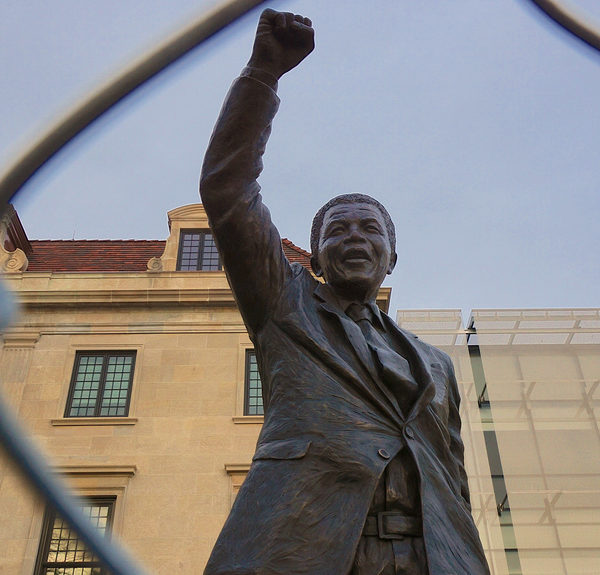
“Most politicians represent an interest group, a community of people who vote for them and whose interests they serve. Nelson Mandela was different; he represented a community that did not yet exist, a community he hoped would come into being.” —Rowan Williams

John Wesley once wrote that “Unity and holiness are the two things I want most among Methodists.” The Church’s fights over homosexuality are robbing Methodism of both.
The United Methodist Church has been in the news recently, and will be again soon, because of the Church trials of the Rev. Frank Schaefer and Bishop Melvin Talbert, two United Methodist Clergy who have officiated at same-sex wedding ceremonies.
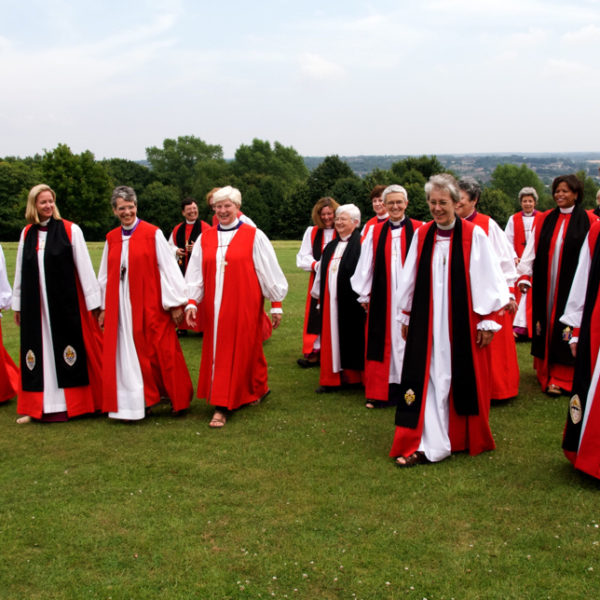
Women Bishops – long overdue vote goes through!
No doubt much will be written about what has just happened at the Church of England’s General Synod meeting this week. The vote in favour of pursuing the legislation which will, in due course and all being well, enable women to be consecrated bishops was passed with 378 in favour, 8 against and 25 abstentions.
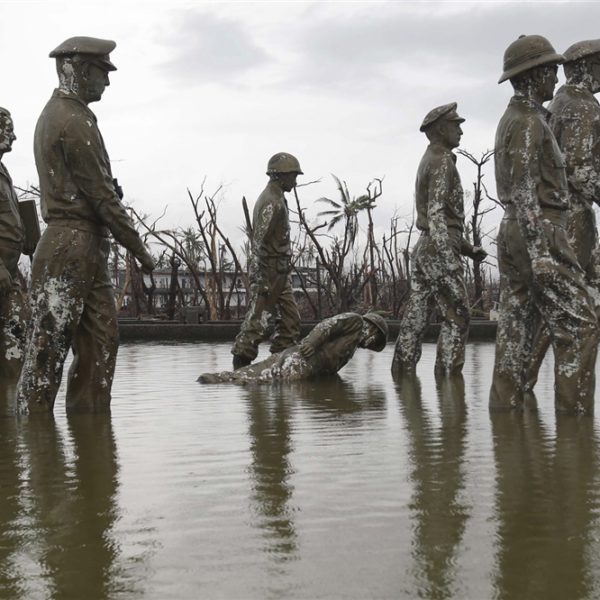
. . . In other words, disasters such as Typhoon Haiyan confront us with the sobering reality that the deepest, deadliest and most intransigent problems we face today are social problems, not technical problems. We continue to deceive ourselves with the hope that if we can but increase our knowledge of the world, our technical know-how at problem-solving the riddles that nature poses for us, we can defeat death and disease.
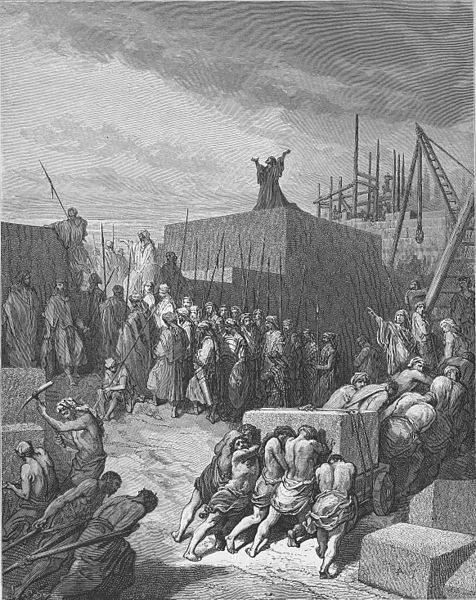
As it was with Haggai, the real test of leadership is not necessarily the capacity to motivate people to action, but rather to keep them fixed on that same goal when it becomes clear that the rhetoric that moved them in the first place bears little resemblance to the actual situation in which they have to act.
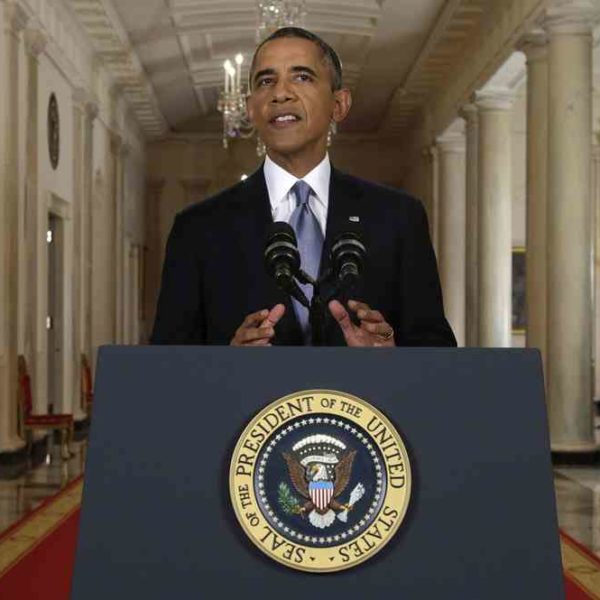
Last night in his second national address on the global response to the use of chemical weapons in Syria, President Obama asserted: “If we fail to act, the Assad regime will see no reason to stop using chemical weapons. . . . As the ban against these weapons erodes, other tyrants will have no reason to think twice about acquiring poison gas and using them.”
